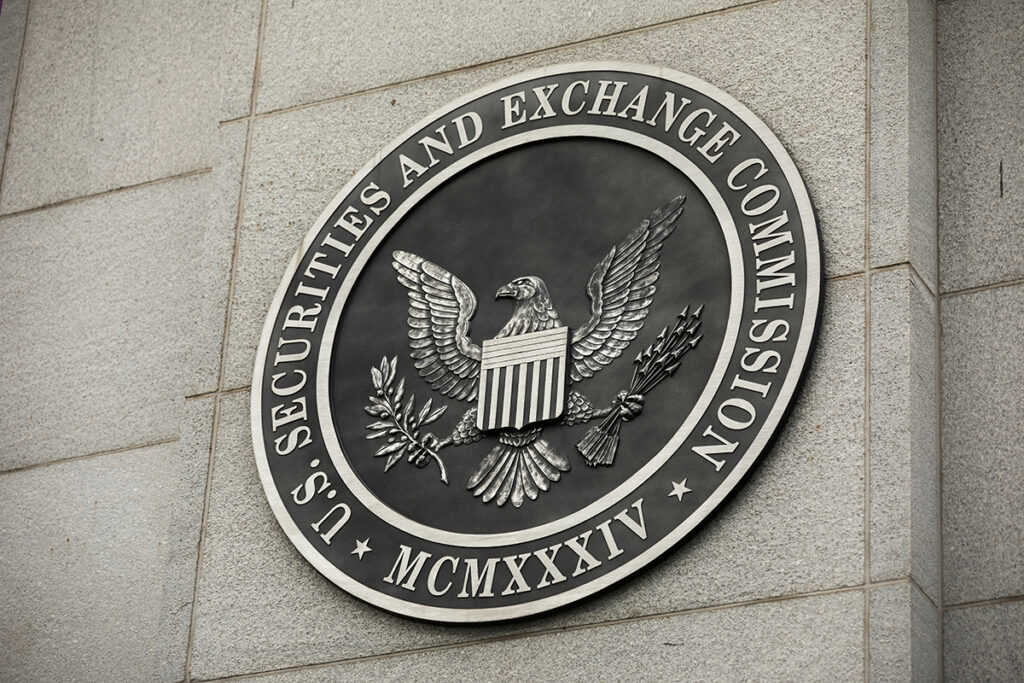Top officials at the U.S. Securities and Exchange Commission’s (SEC) anti-bribery division, responsible for enforcing the Foreign Corrupt Practices Act (FCPA), are departing amid significant policy changes initiated by President Donald Trump’s administration. The exits of Charles Cain, who has led the FCPA enforcement since 2017, and his deputy, Tracy Price, reflect broader organizational shifts occurring within the federal regulatory landscape.
Major Changes at the SEC Anti-Corruption Unit
Cain and Price are the latest high-ranking departures in a series of resignations sweeping through the SEC, according to informed sources. Their exits come at a critical juncture, as the Trump administration moves to ease enforcement of the FCPA—a law aimed at preventing U.S. companies from paying bribes overseas.
Earlier this year, the Trump administration implemented a 180-day pause on FCPA enforcement, instructing Attorney General Pam Bondi to reassess ongoing investigations and overall enforcement policies. Although the executive order did not explicitly mention the SEC, Antonia Apps, the acting deputy enforcement director at the regulator, clarified during an American Bar Association conference that the SEC would align its practices with the Justice Department’s new approach.
Sources familiar with the internal workings have reported that enforcement actions on FCPA cases have already ceased under the new directives. Neither Cain nor Price has publicly commented on their departures, and the SEC spokesperson declined any formal comment on personnel matters.
Background: Trump’s Regulatory Rollback
The Trump administration, guided partly by billionaire entrepreneur Elon Musk, a key adviser, is pursuing significant reductions in federal oversight through staff layoffs and reorganizations. Trump has frequently criticized the FCPA, arguing that it unfairly disadvantages American businesses operating internationally, characterizing certain overseas business practices as “routine.”
Advocates for robust anti-corruption laws argue that scaling back enforcement sends a problematic signal internationally, potentially undermining years of progress toward greater corporate transparency. They emphasize the FCPA’s role in imposing substantial penalties on both domestic and foreign corporations connected to corrupt practices, thereby leveling the international business playing field.
Potential Implications and Industry Reactions
The departure of key SEC officials and the pause in FCPA enforcement could reshape America’s anti-corruption landscape significantly. Regulatory and legal experts predict a period of uncertainty for corporations previously subject to stringent anti-bribery compliance.
Critics fear this shift could embolden corrupt practices globally, allowing U.S. businesses more flexibility to engage in questionable overseas activities without fear of immediate repercussions. Conversely, supporters of the administration’s move view it as an essential step toward reducing regulatory burdens, thus improving American competitiveness in global markets.
This reshaping of enforcement practices under the Trump administration continues to draw scrutiny from global watchdogs, legal experts, and industry groups. Observers anticipate additional high-level exits from regulatory bodies as the administration’s restructuring plan unfolds, potentially reshaping regulatory enforcement across multiple sectors.


